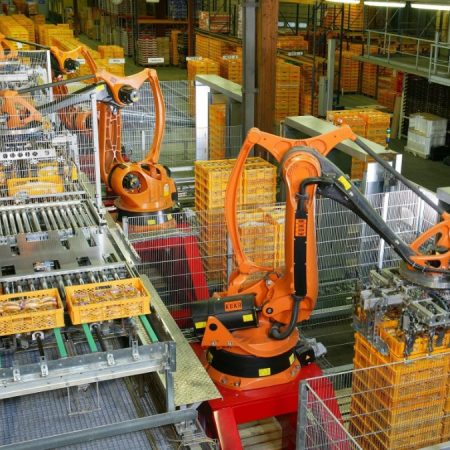At one point, almost the entirety of the economy was dedicated to farming. Protectionism for a certain activity doesn’t make sense at a societal level. It would be like trying to take the whole of the US economy back to being an agricultural economy.
When looking at things at a high level we tend to miss the problems at the lower level. People losing their jobs results in a loss of meaning for the individual and a burden being put upon them that is not their fault. Often times, it is a burden that they can’t bare or takes all of their being to weather.
Both of the paragraphs above capture problems that are very valid. It appears that the politics of the United States has devolved to an unhelpful debate of either one or another problem being ignored while the other is fixed.
Can we come up with solutions that help everyone? I believe we can do that as a nation. We need to find the will again to try to help every group in the country for the betterment of our country.
Here’s a very incomplete list of things that I see as problems with helping the economy evolve while helping those who are hurt by that evolution. I’ve included some thoughts in-line.
- Cost to help those who are hurt by automation, globalization, or changing consumer preferences.
- Government can help those people by creating regulations or taxes that prop up their industry (Donald Trump is proposing to do this.)
- I don’t believe in regulation where another solution could do the same thing.
- Government can pay for retraining, relocation, and that person’s living expenses for a period while they are forced to transition to something else.
- I think this removes a lot of dignity from people with our current cultural and societal norms.
- I don’t think this is very efficient.
- This is what we do today.
- Government can create new industry that requires the same skill-set and employ those who are displaced.
- This rings of communism, isn’t efficient, and I can’t imagine this gaining much support.
- We can provide a universal (everyone gets it, there is no qualification or application process) basic income that allows people to make their own choices on how to transition
- The costs and impacts of this need to be examined.
- I think this will be forced upon us eventually unless we change major, structural things as a society.
- Government can help those people by creating regulations or taxes that prop up their industry (Donald Trump is proposing to do this.)
- The impact of not allowing the economy to evolve
- In the long run, we’ll fall behind other countries and stop being competitive
-
If automation has replaced the jobs (it almost invariably has if the jobs have moved) we need to mitigate that.
- This could be by making automation illegal.
- This could be by creating more product than is needed and the government subsidizing that to employ more people.
- This could be by reducing the individual workload on people forcing a company to employ more people for a single job
-
If competitors produce a cheaper product in another region or abroad, we need to mitigate that.
- We can place tariffs.
- We can make it illegal to buy those other products.
- We can subsidize our products which would equate to the government purchasing part of the cost of every product produced.
- We can have the government buy unneeded product and warehouse it to ensure that the company makes money.
